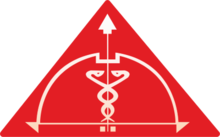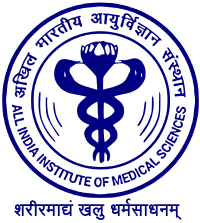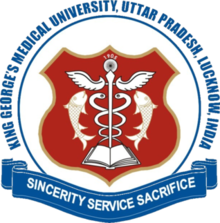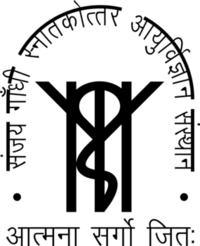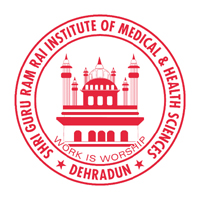What is Health Sciences Degree ?
A health sciences degree prepares students for entry-level roles in healthcare administration, medical or pharmaceutical sales, and other health-related services.
A Bachelor of Science in Health Science (BHS) typically combines the study of biological, physical, and social sciences, health care-related subjects, and hands-on training.
Program Structure
A health sciences program typically includes subjects such as:
- Healthcare ethics
- Health informatics
- Healthcare policy
- Health IT and innovations
- Health service management
- Health service quality
- Health promotion
- Leadership
- Health communication
- Health administration
- Financing healthcare services
A Bachelor of Science in Health Science (BHS) typically combines the study of biological, physical, and social sciences, health care-related subjects, and hands-on training. The program is designed to prepare students who are interested in furthering careers in medicine, public health or biomedical research.
Specializations
Here are some health science specializations:
-
Bachelor of PhysiotherapyAn ancient health science that uses physical practices and techniques to treat injuries and diseases. It has many specialty areas, including geriatric, orthopedic, and pediatric.
-
NutritionA health science degree that focuses on the role of food and how it affects human biology, well-being, and prevention of disease.
-
Medical Laboratory ScienceA health care profession that provides accurate and reliable medical laboratory information for monitoring health, diagnosing, and treating diseases.
-
Health policyConcerned with the changing politics and policies surrounding community and societal health. It is based less in applied science and more in sociology, political science, and psychology.
-
NursingThe science that is dedicated to the care and attention of the sick and wounded, as well as other care tasks, following clinical guidelines.
-
Healthcare ManagementHealth science is more focused on patients and healthcare management.
-
MicrobiologyA branch of science that helps understand microorganisms and their effects. The study also focuses on the cause, diagnosis, and cure of diseases caused by microbes.
-
Master of Health Administration
Allows students to home in on their area of interest. Many master’s programs offer the opportunity to specialize in regulatory affairs, research, administration, or healthcare quality.
Career Opportunities
Here are some career opportunities in health sciences:
- Medical or health services managerLead the planning, organization, and direction of a healthcare practice or laboratory. Skills in strategic planning, finance, communication, and staff management are key.
- NutritionistWork for individuals and organizations, providing coaching and meal plans emphasizing healthy eating.
- Health educationTeaches essential skills in healthcare, including analyzing and interpreting health data and psychology and mental health.
- Occupational therapistHelp people to engage in their everyday occupations, supporting them to lead a fulfilling and healthy life.
- Public healthA broad discipline that encompasses a range of areas such as health promotion, disease prevention, community health, epidemiology, policy development, and more.
- DentistOne of the most reputed healthcare professionals of wellness and disease prevention. Dentists among the topmost health care professionals to discover a wide range of diseases, including hypertension and oral cancer.
- Medical scientistConduct research to understand human diseases and develop new treatments. They may work in hospitals, universities, research institutions, or the pharmaceutical industry.
- PhysicianCan specialize in a specific area or obtain a generalized area of expertise. Physicians work as a part of doctors’ offices or in their own practice. They diagnose and treat patients for various injuries, illnesses, or health conditions.
Some Basic Information About Health Sciences Course
| Information | Details |
| Admission Process | Admission based on entrance exams conducted by universities or institutes |
| Duration | 2 years |
| Eligibility | Bachelor’s degree in health sciences or related field from a recognized university |
| Minimum Age | Varies by institution |
| Future Scope | Clinical Researcher, Public Health Specialist, Healthcare Manager, Health Educator |
| Specializations | – Public Health- Epidemiology- Health Informatics- Healthcare Administration- Clinical Research |

